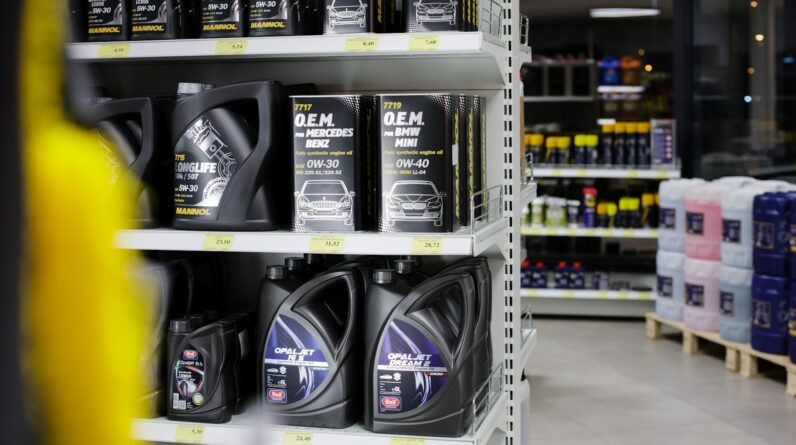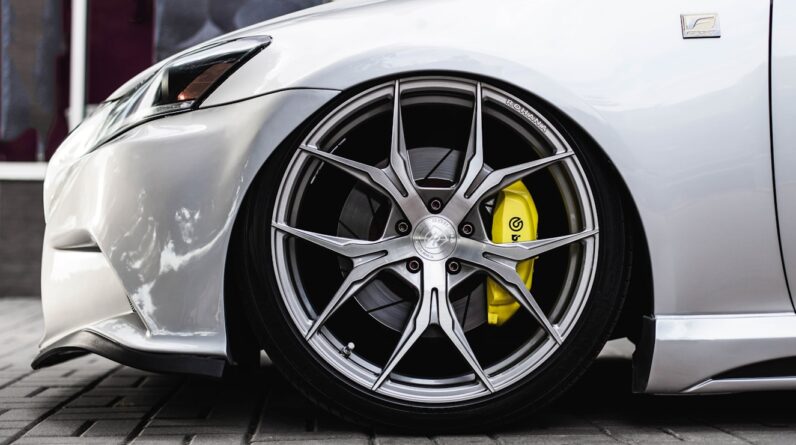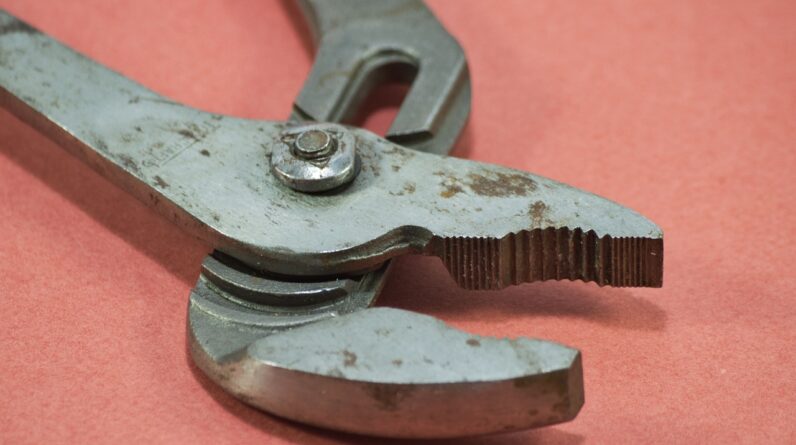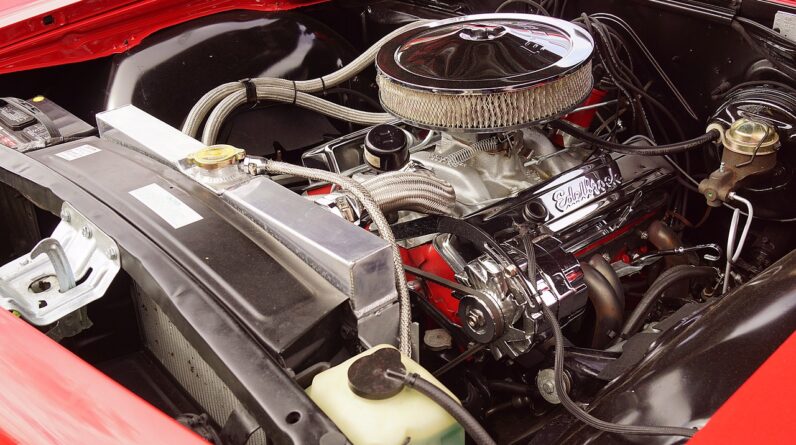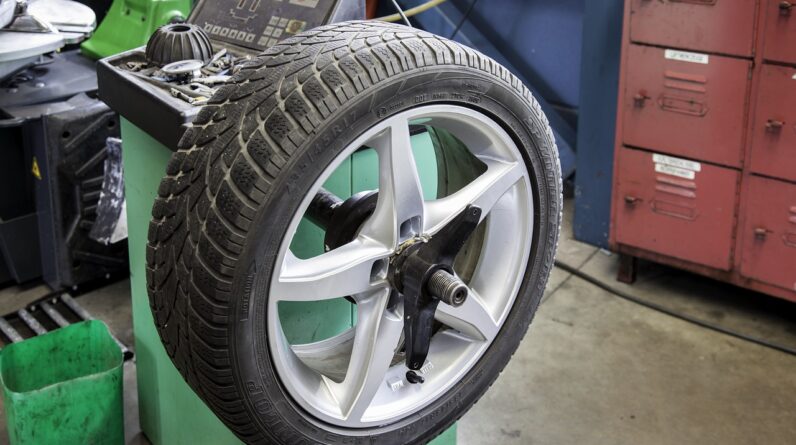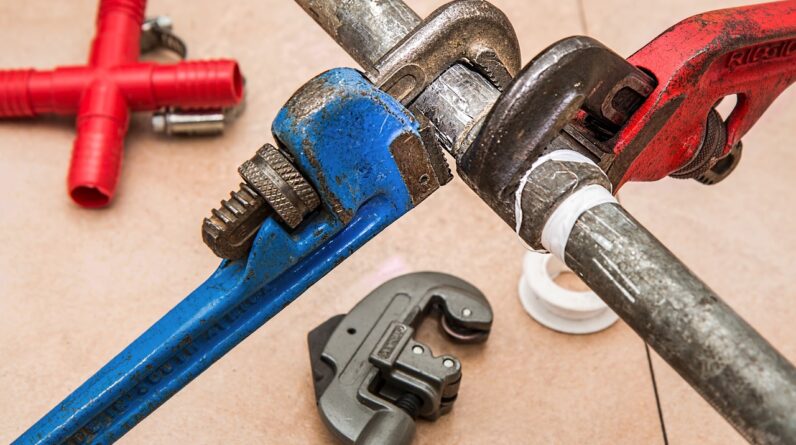
Just bought a car? Get essential maintenance tips to keep it running smoothly and safely. From oil changes to tire checks, drive with confidence and care for your investment!
Have you just purchased your first car and are feeling a bit overwhelmed by all the maintenance required to keep it running smoothly? Trust me, I understand; when I got my first car, I was excited but also uncertain about how to properly care for it. Your vehicle is a significant investment, and taking care of it can seem daunting initially. Whether it’s routine check-ups or occasional fixes, a little knowledge goes a long way.
In this article, I’ll share some crucial car maintenance tips specifically tailored for new car owners. This way, you can drive with confidence, knowing you’re doing everything you can to keep your car in optimal condition.
Understanding the Basics
Why Car Maintenance is Essential
I can’t stress enough how important regular car maintenance is. It extends the lifespan of your vehicle, ensures better fuel efficiency, and helps prevent costly repairs down the line. Think of it as taking care of your health: routine checkups can catch issues before they become severe.
The Car Manual is Your Best Friend
One of the first things you should do as a new car owner is read the owner’s manual. It’s packed with information specific to your vehicle, from recommended maintenance schedules to instructions on how to change a flat tire. I found the manual invaluable when I needed detailed guidance on various aspects of my car.
Regular Maintenance Tasks
Checking and Changing the Oil
Oil is the lifeblood of your car’s engine. It lubricates the moving parts, reduces wear and tear, and helps keep the engine cool. Most manufacturers recommend changing the oil every 3,000 to 5,000 miles, but you should consult your manual for the exact interval.
Steps to Check Your Oil:
- Ensure your car is on a level surface.
- Turn off the engine and let it cool for a few minutes.
- Locate the dipstick, pull it out, and wipe it clean.
- Insert the dipstick back in and pull it out again to check the oil level.
If the oil is below the minimum mark, it’s time for a change. Always use the oil type recommended in your car’s manual.
Tire Maintenance
Proper tire maintenance is crucial for safety and fuel efficiency. Underinflated or worn-out tires can affect your car’s handling and increase the risk of a blowout.
How to Maintain Your Tires:
- Check Tire Pressure: Use a tire pressure gauge to check the pressure monthly. Compare it with the recommended pressure listed on a sticker inside the driver’s door.
- Tire Rotation: Rotate your tires every 6,000 to 8,000 miles to ensure even wear.
- Wheel Alignment: Misaligned wheels can cause uneven tire wear. If your car pulls to one side, get the alignment checked.
Battery Maintenance
Car batteries don’t require much maintenance, but it’s essential to keep an eye on them, especially since they’re vital for starting your vehicle.
Tips for Battery Care:
- Inspect for Corrosion: Corroded battery terminals can cause starting issues. Clean them with a mixture of baking soda and water.
- Check the Electrolyte Level: If your battery isn’t sealed, check the electrolyte level and top it up with distilled water if necessary.
- Performance Test: Have your battery tested annually, especially as it approaches the 3-year mark.

Fluids and Filters
Coolant and Radiator Maintenance
The coolant helps your engine maintain the right temperature, preventing it from overheating. This system needs to be checked and maintained regularly.
Steps to Check Coolant:
- Ensure the engine is cool.
- Locate the radiator cap and coolant reservoir.
- Open the radiator cap slowly and check the coolant level.
- Top off with the appropriate coolant if necessary.
Brake Fluid
Proper brake function is non-negotiable for your safety. Brake fluid should be checked regularly and replaced according to your vehicle’s manual.
How to Check Brake Fluid:
- Locate the master cylinder under the hood.
- Check the fluid level against the markings on the reservoir.
- If low, add the type of brake fluid specified in your manual.
Air Filter
Your car’s air filter prevents dirt and debris from entering the engine, ensuring efficient performance. A dirty air filter can decrease fuel efficiency and harm the engine.
Replacing the Air Filter:
- Locate the air filter housing. It’s usually easy to access.
- Open the housing and inspect the filter.
- Replace it if it looks dirty or worn out.
Dealing with Lights and Wipers
Headlights and Taillights
Having fully functional lights is crucial for visibility and safety. Regularly inspect your headlights, taillights, and turn signals.
Light Maintenance Tips:
- Check Lights Monthly: Turn on your lights and walk around your car to ensure they’re working.
- Replace Bulbs: If any bulbs are out, replace them immediately. Your manual will specify the correct bulbs.
Windshield Wipers
Good wipers are essential for visibility in poor weather conditions. Wipers should be replaced every six months to a year.
Wiper Maintenance:
- Inspect Regularly: Check them for signs of wear and tear.
- Replace as Needed: If they leave streaks or don’t clear the windshield effectively, it’s time for new ones.

Routine Inspections
Regular Professional Inspections
Even if you’re diligent with at-home maintenance, it’s crucial to have your car professionally inspected regularly. A certified mechanic can spot issues that might not be immediately evident to you.
What to Expect During an Inspection:
- Fluid Levels: All fluids, including oil, coolant, and brake fluid, will be checked.
- Brakes: The mechanic will inspect the brake pads, discs, and fluid.
- Engine Components: The engine, belts, and hoses will be examined for wear and tear.
The Importance of Keeping Records
Maintaining a detailed log of all the services and repairs performed on your car can be incredibly beneficial. Keep all receipts and note the dates and details of each service. This record can help you track your vehicle’s history and identify recurring issues.
Seasonal Maintenance
Preparing for Winter
Winter can be particularly tough on vehicles. Cold weather affects the battery, tires, and many other components.
Winter Car Care Tips:
- Winter Tires: Consider installing winter tires for better traction.
- Battery Check: Cold weather can weaken your battery. Have it tested before winter hits.
- Emergency Kit: Keep an emergency kit in your car, including a blanket, flashlight, and snow shovel.
Summer Maintenance
Just as winter has its challenges, summer heat can also place extra stress on your car.
Summer Preparation Tips:
- Cooling System: Ensure your radiator and coolant levels are optimal to prevent overheating.
- Air Conditioning: Have your A/C system checked to make sure it’s working effectively.
- Inspect Belts and Hoses: Heat can cause these to crack and wear out more quickly.

Understanding Warning Lights
Common Dashboard Warning Lights
Your dashboard is an essential source of information. When a warning light appears, don’t ignore it. Understanding what these lights mean can help you address issues promptly.
Common Warning Lights:
| Light | Description |
|---|---|
| Check Engine Light | Indicates an issue with the engine or emissions system. |
| Oil Pressure Warning | Signals low oil pressure, which can harm the engine. |
| Brake Warning | Could imply problems with brake fluid levels or the braking system. |
| Battery Warning | Alerts you to issues with your car’s electrical system. |
Steps to Take When a Warning Light Comes On
- Stay Calm: Don’t panic. Pull over safely if necessary.
- Consult Your Manual: Your car’s manual will explain what each light means.
- Address the Issue: Depending on the light, you might need to check fluid levels, inspect the engine, or contact a professional.
Tips for New Car Owners
Build a Relationship with a Mechanic
Finding a trusted mechanic can make car maintenance less daunting. A good mechanic can offer valuable advice and catch problems before they escalate.
Learn Basic DIY Maintenance
Knowing how to perform basic maintenance tasks yourself can save you time and money. Start with simple things like checking oil and tire pressure. As you gain confidence, you can tackle more complex tasks.
Use Quality Parts and Fluids
It’s tempting to cut costs by using cheaper parts and fluids, but this can ultimately cost more in the long run. Always use high-quality products recommended for your vehicle.
Final Thoughts
Taking the time to perform regular maintenance on your car can ensure it remains reliable and safe to drive. While it might seem overwhelming at first, breaking it down into manageable tasks makes it more approachable. Remember, your car is a significant investment. By taking care of it, you’re not just maintaining its value, but also ensuring your safety and peace of mind.
I hope these tips help you feel more confident in caring for your new car. If you have any questions or need additional advice, don’t hesitate to ask a trusted mechanic or consult your vehicle’s manual. Happy driving!


